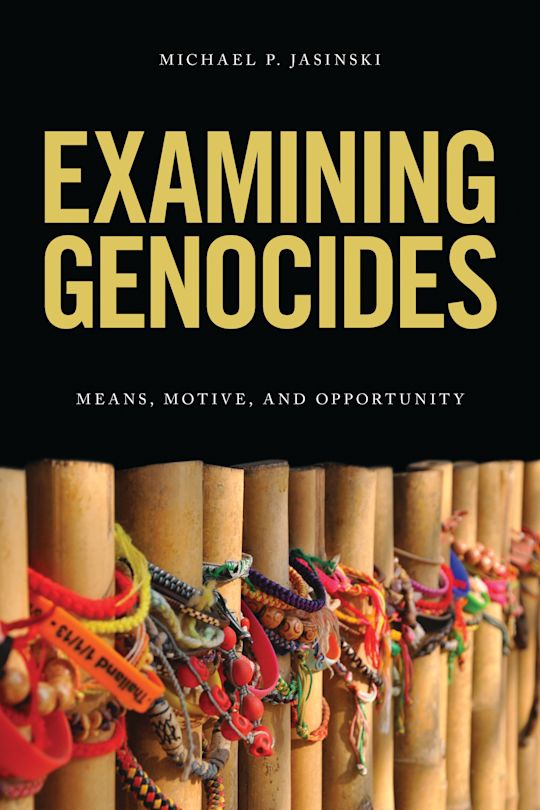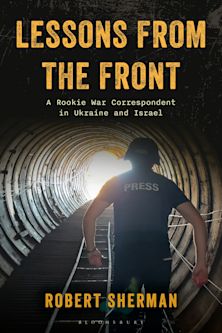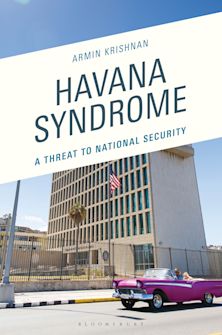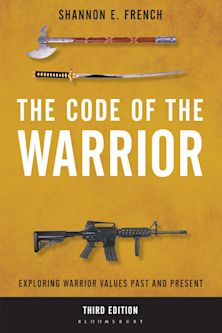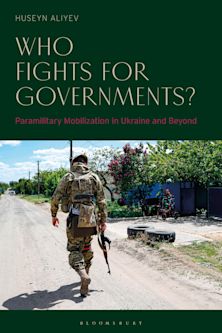- Home
- ACADEMIC
- Politics & International Relations
- Military Strategy and Warfare
- Examining Genocides
Exam copy added to basket
Choose your preferred format. Please note ebook exam copies are fulfilled by VitalSource™.
Buy from Bloomsbury eTextBooks
You are now leaving the Bloomsbury Publishing website. Your eBook purchase will be with our partner https://www.vitalsource.com.
Your credit card statement will show this purchase originating from VitalSource Technologies. They will also provide any technical assistance you might require.
You must sign in to add this item to your wishlist. Please sign in or create an account
Description
Mass killing through genocide haunts humanity as one of the most horrific forms of warfare. Scholars seek to understand what causes such violence, but it is still difficult to predict the onset of genocide. Why does violence sometime stop short of the genocide threshold, whilst others cross the threshold? Why do some genocides escalate to the point of triggering the state's collapse? Finally, why are some groups targeted and others spared?
Examining Genocide considers these questions by interrogating the interaction of three sets of conditions. These are: a societal crisis that creates a need for mass mobilization to “heal” the fractured public and address its material concerns; the stereotype associated with an “eligible target” for scapegoating; and the leadership preferences and skills of the chief executive of an authoritarian or poorly institutionalized state in question. Exploring case studies that cover various levels and instances of genocide, this book offers new insights to this highly researched field for scholars and students alike.
Table of Contents
Product details
| Published | May 31 2017 |
|---|---|
| Format | Ebook (Epub & Mobi) |
| Edition | 1st |
| Extent | 246 |
| ISBN | 9781783489190 |
| Imprint | Rowman & Littlefield Publishers |
| Publisher | Bloomsbury Publishing |
About the contributors
Reviews
-
Examining Genocides is an attempt to understand events that seems to defy explanation. Jasinski (Univ. of Wisconsin-Oshkosh) takes a semi-legal perspective in his analysis, determining that genocide can occur only when there is proper means, motive, and opportunity. The window of opportunity consists of two elements—conditions in which scapegoating becomes advantageous and there is a collectivity available for scapegoating. However, opportunity alone is not enough for genocide to occur. After opportunity arises, there must be an intentional decision to exploit the opportunity, usually made by the political leaders of the country. Finally, the means to commit genocide must be within the control of the political entrepreneurs. After proposing these elements to genocide, Jasinski uses several cases of genocide to examine whether they follow the means, motive, opportunity trifecta. Jasinski’s material is interesting...Advanced students and scholars will find this work of interest. Summing Up: Recommended. Graduate students through faculty.
Choice Reviews
-
Lucidly written and cogently argued. Jasinski so perceptively identifies the forces at play that have led to the most heinous crimes of our era.
Shay Pilnik, Executive Director of the Nathan and Esther Pelz Holocaust Resource Center of the Milwaukee Jewish Federation









